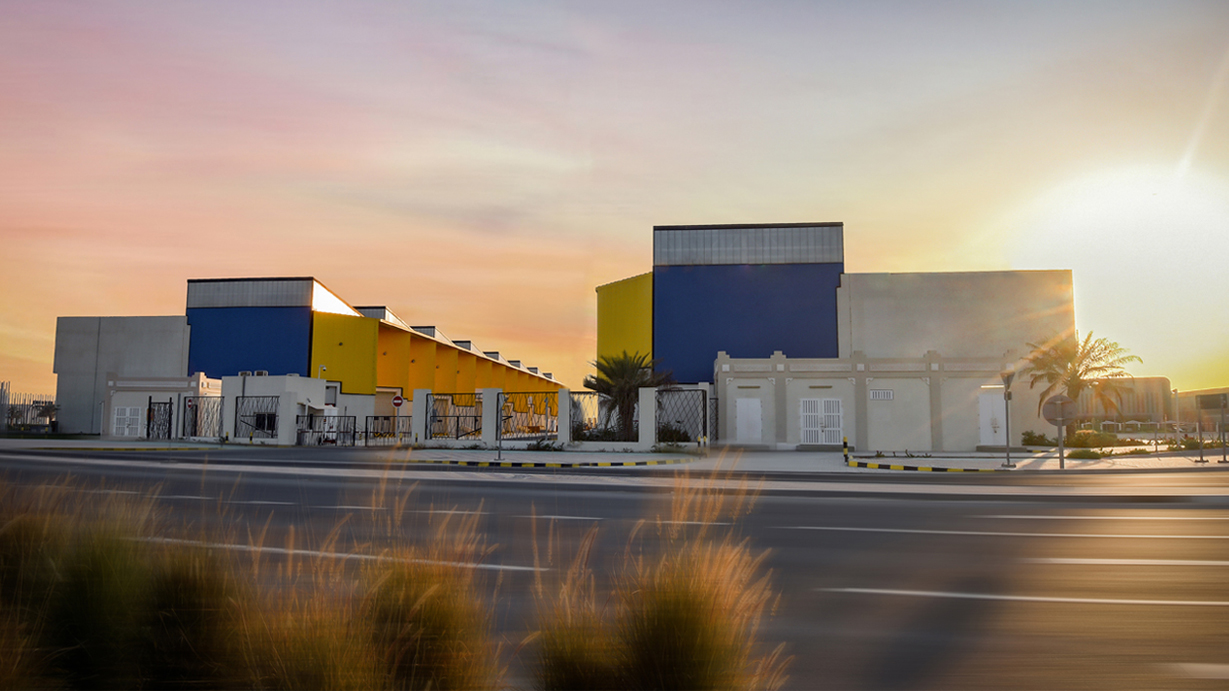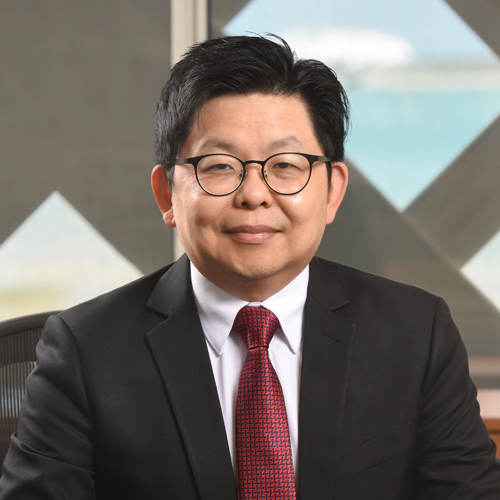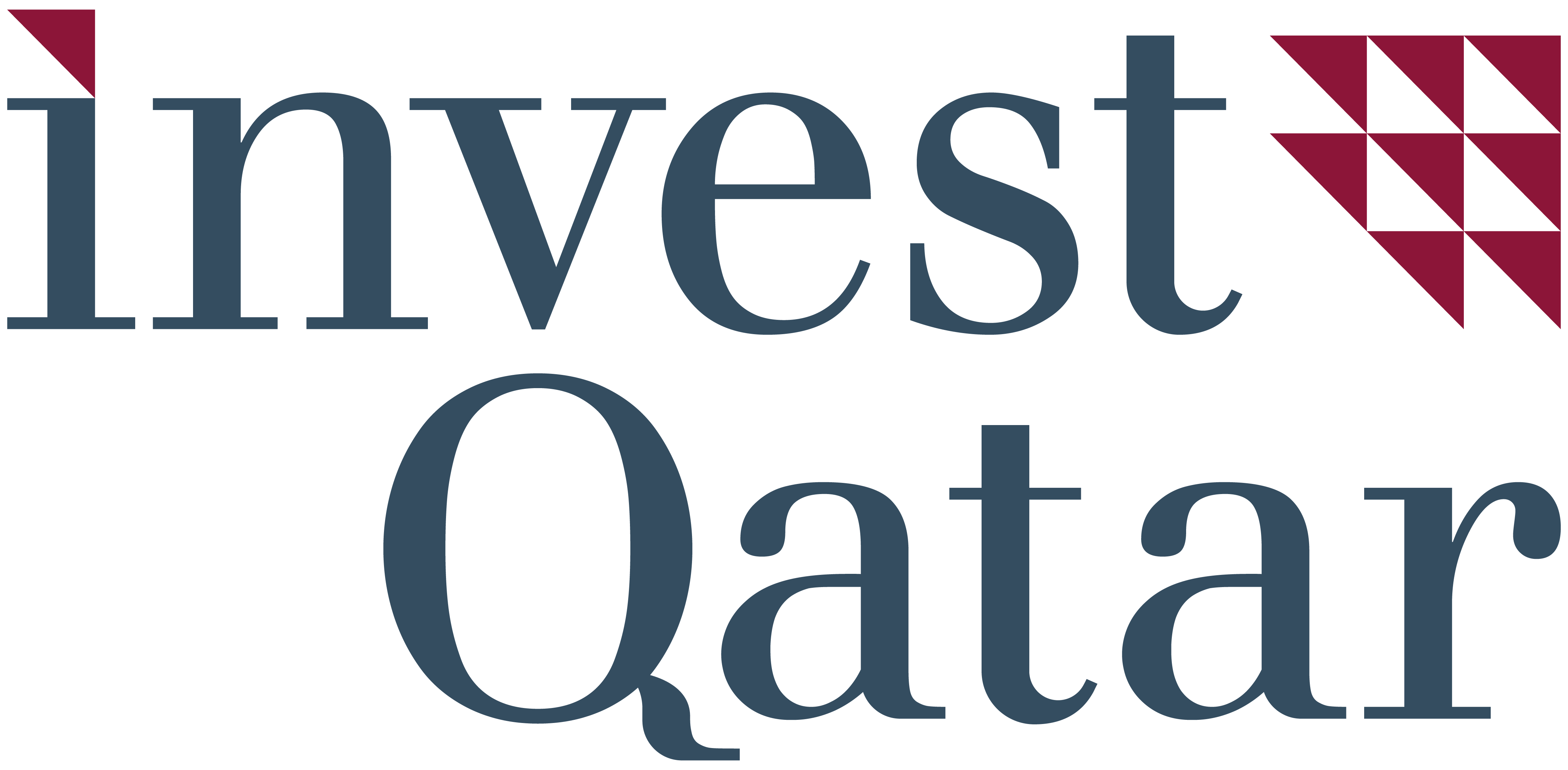Qatar's ambition to double the value of its manufacturing sector – currently worth $11.4bn – is key to the country's strategic plans for diversifying its economy. “The industrial sector stands at the forefront of Qatar's priorities in terms of development, as it represents a main pillar of diversifying the national economy,” said Mohamed Hassan al-Malki, an Assistant Undersecretary at Qatar’s Ministry of Commerce and Industry (MoCI), at the recent launch of the Gulf state’s new Advanced Manufacturing Hub (AMHUB). “The industrial sector comprises a key element for achieving self-sufficiency, and shaping the future of younger generations, in line with the National Vision 2030.”

One of 13 launched by the World Economic Forum as a partner, AMHUB has been conceived as a collaborative platform via which multinationals, academia and industry can work together with SMEs. Several clearly defined targets for achieving this economic transformation are set out in the Gulf state’s strategic plan, National Vision 2030. These include planned investment worth $27.5bn, growing the sector's workforce by 77,000, adding more than 400 new private-sector businesses with a focus on SMEs, and targeting a GDP growth rate of 4.5 per cent per annum, figures that are predicated on the growth of a number of strategic economic sub-sectors, including additive manufacturing, plastics, pharmaceuticals, aluminium and polymers. It is intended that, by 2030, these will comprise more than half of Qatar’s manufacturing sector.
In step with diversification, Qatar is working hard to build its own national healthcare infrastructure as Qataris increasingly seek world-class, insurance-funded healthcare at home, rather than in the US and Europe. A government target mandated more than doubling the number of healthcare facilities from 38 public sector facilities in 2013 to 92 in 2022, with the private sector providing an important role in running primary care facilities, providing mental health services and end-of-life care, and developing around half of Qatar’s medical infrastructure.
With sustainable economic growth in mind, one quarter of Qatar's public bus fleet will run on electricity by the end of this year, with plans to electrify the entire fleet by 2030; Qatar signed a memorandum of understanding with the Swedish-Swiss company ABB to produce electric chargers for the fleet. Qatar is also in the process of building a network of rapid charging stations for cars, while Fiat launched its new electric 500 (RED) model there, such is the interest in high-spec EVs.
1/4
of Qatar's public bus fleet will run on electricity by the end of this year.
The Gulf state has a strong presence in the aerospace sector, with its commercial airline and the world’s largest cargo carrier, Qatar Airways, as well as a well-equipped military air force. Today, with a growing emphasis on the knowledge economy, Qatar's aviation sector is embracing new technologies such as augmented reality 3D printing, which enables specialist parts to be designed, tested and manufactured at low volume.

The Ras Bufontas Free Zone is connected to Hamad International Airport, recently voted the World’s Best Airport for the second year in a row, with Qatar’s second free zone, Umm Alhoul, adjacent to Hamad Port, one of the largest green ports in the world, for optimal access to shipping routes. Both are administered by the Qatar Free Zones Authority (QFZA), which is tasked with attracting manufacturers – from start-ups and SMEs to multinationals –by offering specialist infrastructure, 100 per cent foreign ownership, renewable 20-year tax holidays, access to a skilled workforce, and potential funding and partnership opportunities.

The Chief Executive Officer of QFZA, Lim Meng Hui, explains the rationale behind establishing the technology-driven industrial and logistics hub: “QFZA is focused on manufacturing and service sectors in which Qatar has a strong value proposition so that it can develop and offer specialised solutions for investors based on their business needs and the nature of their operations,” he says. “To support manufacturers, QFZA has created specialised clusters for high value-added economic activities including industrial and consumer, maritime and aerospace, logistics and trading, food and agritech, biomedical sciences, advanced mobility industries, and other emerging technologies. Ultimately, QFZA is interested in establishing partnerships with businesses that have real potential to contribute to the diversification of Qatar’s economy.”
In December 2019, the US lithium-ion battery pack manufacturer Inventus Power established a headquarters in Ras Bufontas Free Zone to accelerate its expansion into the Middle East, North Africa and East Asia. “The infrastructure of Qatar, specifically within the Qatar Free Zones, has enabled us to expand our manufacturing footprint and establish partnerships with local research and development centres to enhance our engineering capabilities,” says Patrick Trippel, its President and Chief Executive. “Additionally, the university structure allows us to recruit local skilled graduates that are needed to support our overall business expansion.”

To date, QFZA has attracted more than 250 investors, including Wasco, which is building a world-class pipe coating facility to serve Qatar’s oil and gas industry and iLife/Prime Technologies, which is establishing Qatar’s first laptop manufacturing facility. This is in addition to leading logistics players such as DHL and UPS, and companies on the cutting edge of the advanced mobility revolution, including Volkswagen and Gaussin.
This is another example of the QFZA’s determination to build a diverse and creative manufacturing ecosystem with a wide knowledge base to attract investors to Qatar. With the natural gas resources to support the energy-hungry manufacturing sector, keen emphasis on innovation and ambitious growth goals, it would be foolhardy, perhaps, to underestimate the Gulf state’s global reach.








